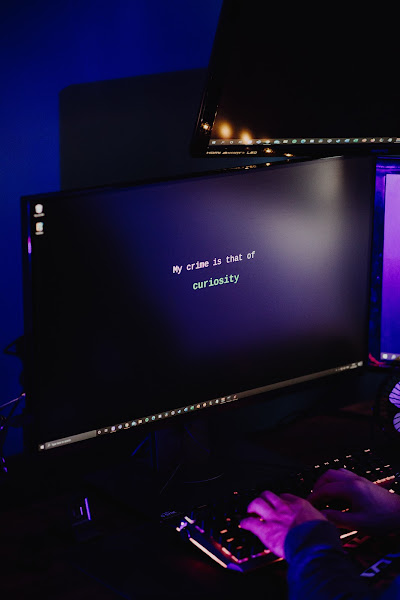The tech industry has been hit by a wave of layoffs, with over 150,000 workers losing their jobs at major companies like Microsoft, Tesla, Cisco, and Intel. As the market adapts to new economic realities, tech firms are restructuring to reduce costs and align with evolving demands. Below are key instances of these workforce reductions.
Major Workforce Reductions
Intel: To save $10 billion by 2025, Intel has announced layoffs affecting 15,000 employees—approximately 15% of its workforce. The company is scaling back on marketing, capital expenditures, and R&D to address significant financial challenges in a competitive market.
Tesla: Tesla has reduced its workforce by 20,000 employees, impacting junior staff and senior executives alike. Departments like the Supercharging team were hit hardest. According to Bloomberg, these layoffs may account for up to 20% of Tesla's workforce.
Cisco: Cisco has laid off 10,000 employees in two rounds this year—a 5% reduction in February followed by another 7%. CEO Chuck Robbins noted that these changes aim to focus on areas like cybersecurity and AI while adapting to a “normalized demand environment.”
Restructuring Across the Sector
SAP: Enterprise software giant SAP is undergoing a restructuring process affecting 8,000 employees, roughly 7% of its global workforce. This initiative seeks to streamline operations and prioritize future growth areas.
Uber: Since the COVID-19 pandemic, Uber has laid off 6,700 employees, closing some business units and shifting focus away from ventures like self-driving cabs. These adjustments aim to stabilize operations amid shifting market demands.
Economic Shifts Driving Layoffs
Dell: In its second round of layoffs in two years, Dell has cut 6,000 jobs due to declining PC market demand. Additional cuts are anticipated as the company seeks to address cost pressures in a tough economic environment.
These layoffs reflect broader economic shifts as tech companies streamline operations to navigate challenges and focus on strategic priorities like AI, cybersecurity, and operational efficiency.






















